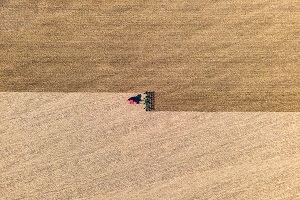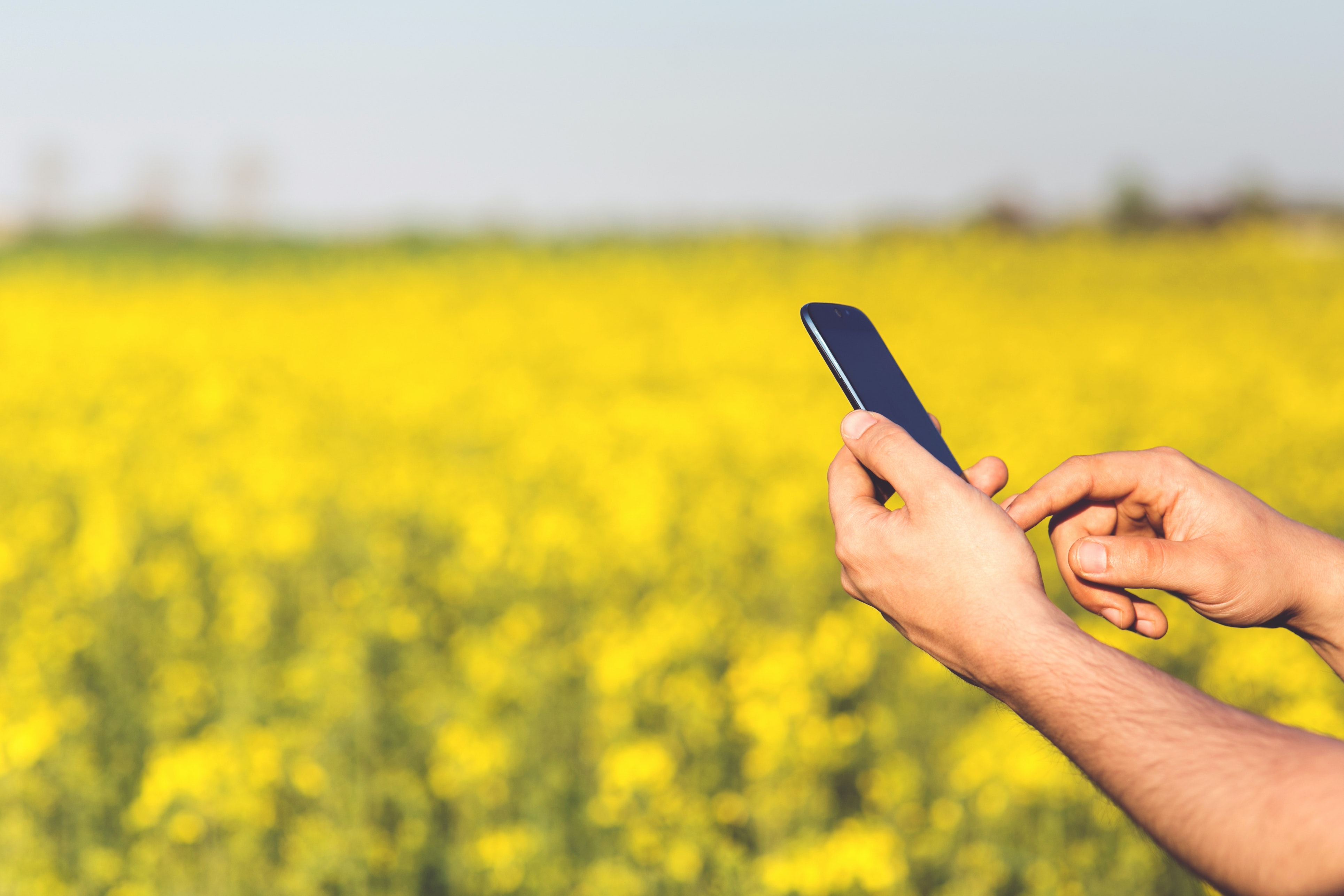Intelligent farming for the future

The requirement to feed an ever-increasing population combined with the devastation created by frequent extreme weather events, challenges every farmer globally. As Zeng Zhenyu, general manager of data intelligence, Alibaba Cloud Intelligence, says, in some markets the problems are compounded further by labour shortages, a squeeze on profit margins on produce like milk and the closure of food processing facilities and local businesses due to the COVID-19 pandemic.
All of those are intertwined with the economic strife and debt that many farmers face today. In an analogue world, those problems would be enough to sink many a farm.
Thankfully for the farming industry, we no longer live in a solely analogue world, and technology is increasingly helping it to successfully address its challenges, even though the fundamental principles of farming remain the same. The industry cannot escape the march of technology and its influence on many farming processes.
New technologies underpinned by digital including the Internet of Things (IoT), Artificial Intelligence (AI), cloud computing, new generation sensors and blockchain, are increasingly being applied to transform the traditional agriculture sector to more effectively address many of its challenges. They are apparent in the agriculture industry throughout the production process from retail to planning, operation and the day-to-day running of farms.
Data at the heart of the farm
This quiet revolution in farming starts with next-generation sensors which help obtain real-time farmland data. Data analytics and AI then expedite the processing of large amounts of agricultural data, meaning that farmers can monitor crops, implement precision breeding, and allocate environmental resources on demand.
 In addition, technology is utilised to control and trace the transportation of agricultural products, ensuring their safety and reliable delivery. With those new-generation digital technologies, agriculture is no longer highly dependent on the unpredictable nature of natural conditions and will be driven in a more controlled manner by intelligent data analytics, instead.
In addition, technology is utilised to control and trace the transportation of agricultural products, ensuring their safety and reliable delivery. With those new-generation digital technologies, agriculture is no longer highly dependent on the unpredictable nature of natural conditions and will be driven in a more controlled manner by intelligent data analytics, instead.
For example, devices can be set up in the field to monitor the growing environment ranging from temperature, humidity, illumination, microorganisms, the growth status of produce and so on. The logged data can then be processed to provide farming guidance throughout the lifecycle from seeding to fertilisation, irrigating and reaping, while algorithm-based models can help to forecast crop yields.
Additionally, the technology possesses the ability to monitor cattle for disease with image and sound recognition technology. It can also be used to minimise animal feed waste by assessing and adjusting cattle feeds and also for producing good quality milk with reduced operational and human labour costs. Multiple metres can be installed to collect farming data in order to optimise the environment for the herd to grow, as well as reducing human errors in the farming process.
Easy access to intelligent decision making
Despite the technological sophistication being applied to farming, it needn’t create additional complications for farmers. They can receive ‘smart’ farming tips such as alerts about when to water produce at a particular time of the day via the convenience of a mobile-based application, so they don’t need to be digitally savvy to take advantage of the wealth of intelligent data and information gathered by the IoT and other such technologies. This simplicity makes the farming management lifecycle from production to harvesting more manageable, standardised, transparent, scientific and effective.
Cloud-based farming will be the global template
Of course, we all want to defend ourselves against extreme weather and other impacting factors and events. For many years, Chinese farmers have benefitted from cloud-based technology solutions to help address the challenges they faced.

Zeng Zhenyu
Their experiences may shine a ray of hope on farmers, as cloud-based technologies have helped Chinese farmers build more productive farms and keep healthier animals, reduce labour costs, maximise their ROI in agricultural solutions, and give them an even more competitive edge in a sector where efficiency and productivity are key to maintaining profit margins.
It’s fair to say that digital technologies will pave the way to automate the operation of the entire farming process. From crops to animals, farmers and the end user, the intelligent management of modern agriculture will be central to helping it address the challenges it faces now while ensuring that farming and agriculture continues to play an absolutely essential role in the future.
The author is Zeng Zhenyu, general manager of data intelligence, Alibaba Cloud Intelligence.
Comment on this article below or via Twitter @IoTGN
